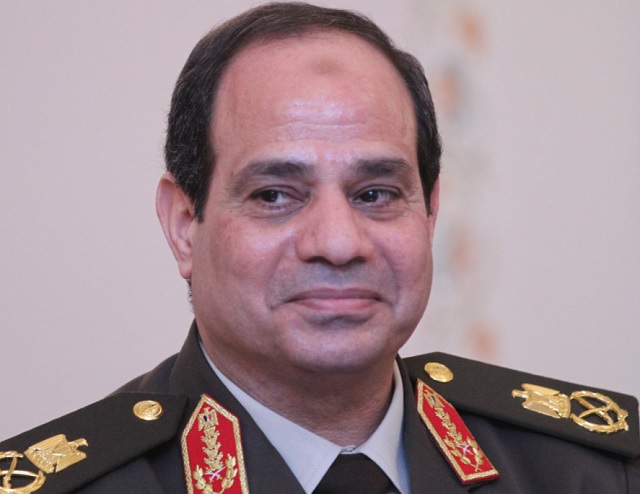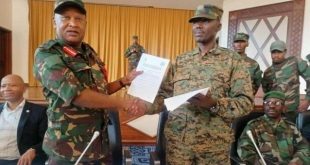
Cairo, Egypt | AFP |
An Egyptian court froze assets of five prominent human rights defenders and three non-governmental organisations on Saturday, provoking fears of an intensified crackdown on civil society.
They had been under renewed investigation for allegedly receiving foreign funds in a case that stretches back to 2011 and had caused a diplomatic crisis between Washington and Cairo.
Rights groups quickly denounced the decision, with Amnesty International calling it “a shameless ploy to silence human rights activism”.
The rights activists are Hossam Bahgat, who founded the leading Egyptian Initiative for Personal Rights NGO, Gamal Eid, Bahey el-Din Hassan, Mostafa al-Hassan and Abdel Hafez al-Tayel.
The NGOs are Bahey el-Din Hassan’s Cairo Institute for Human Rights Studies, Mostafa al-Hassan’s Hisham Mubarak Law Centre and the Egyptian Centre for the Right to Education.
The court’s decision is a “reprehensible blow to Egypt’s human rights movement”, the London-based Amnesty said in a statement.
“These individuals may subsequently face prosecution and prison terms of up to life, equivalent to 25 years in Egypt.”
New York-based Human Rights Watch also criticised the decision.
“Egyptian authorities are single-mindedly pushing for the elimination of the country’s most prominent independent human rights defenders,” it quoted its Middle East director Sarah Leah Whitson as saying in a statement.
In 2011, Egypt provoked international condemnation when it raided Egyptian and Western NGOs in Cairo on suspicion of illegal financing, including the US National Democratic Institute and the International Republican Institute.
Police also sought to arrest NGO staff members at the time, forcing 13 foreigners including six Americans to take refuge at the US embassy in Cairo until the Egyptian authorities relented and allowed them to leave Egypt.
Saturday’s decision came ahead of a visit by President Abdel Fattah al-Sisi, a former army chief whose government is accused by rights groups of violations, to New York for United Nations General Assembly on September 20.
The initial probe into foreign funding had been launched amid a crackdown against civil society groups following the 18-day uprising that ousted president Hosni Mubarak in early 2011 and left the military in charge.
Officials and security services aired suspicions that the civil society groups were plotting against the country, at a time of heightened suspicion in Egypt against Western countries.
Fourty-three Egyptian and foreign NGO staff were subsequently placed on trial and handed jail terms up to five years in 2013 for working illegally. Most of the foreigners were tried in absentia.
A month later, the military led by Sisi overthrew the unpopular Islamist president Mohamed Morsi, unleashing a crackdown on the Islamist opposition as well as rights activists.
Successive governments since 2011 have said that financing for civil society groups should be streamlined and more transparent, but have been accused of trying to control civil society funding.
Some rights NGOs have complained that they work in a legal grey zone, sometimes not receiving the relevant permits to operate which may lead to their closure at the authorities’ whim.
 The Independent Uganda: You get the Truth we Pay the Price
The Independent Uganda: You get the Truth we Pay the Price



